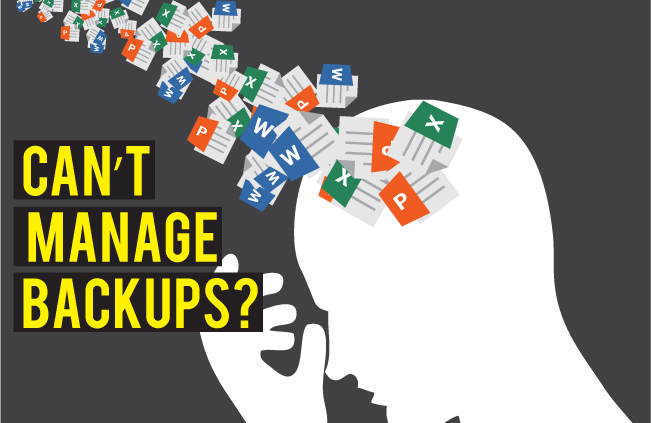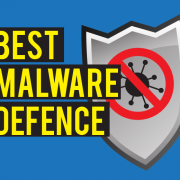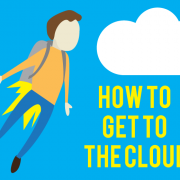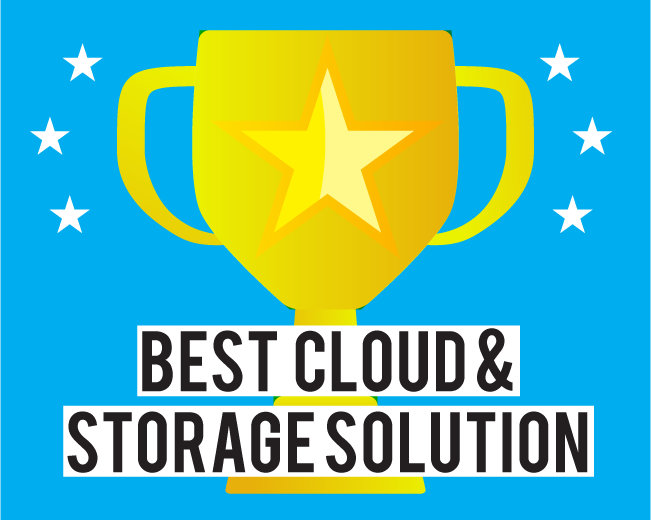DataDepositBox Cloud Backup Expert Tips: Outsourcing Data Backup and Storage Services
Businesses must learn to mind their own business. This is the mantra of the new age. Data storage and application support services for your business are strictly not a part of your production activities. Rather, they are the “extras” you need to conduct your business efficiently. The implication is that, you will not lose control over your business activities just because you have chosen to outsource these “extras” to third party vendors.
Expensed as Utility
Outsourcing data storage and application support services could help reduce costs. Cloud technology is a utility service and hence an operational expense. Huge investments in capital goods can be amputated from budgets instantly. Salaries for a number of expensive IT personnel can be reduced to the bare minimum. Tape drives, proprietary software can be retired and annual purchases of storage devices can be regarded as expenses of the past. Disaster recovery planning can be automated and business continuity can be ensured at no extra cost.
Scalable
Cloud services are scalable unlike build and own IT infrastructure. Cloud vendors ensure that they have elastic resources at their command and are ready to provide enterprises with additional storage on demand. Customers need only to pay for use and all resources commissioned can be optimally used.
Automated
Data storage, data replication and high availability of data are automatic. IT Administrators need no longer to worry about failed backups spend sleepless nights ensuring that the data archives and stores are secured against thefts, fires, floods or other kinds of disasters. Data is automatically sent off-site and/or replicated on-site using a single backup interface. Multiple copies of the enterprise data are, highly available on a global scale, round the clock. Although the data is owned by the customer, data security (physical and electronic) is the legal enforceable responsibility of the cloud vendor.
Devote Attention to Business
Furthermore, the transition to the cloud allows the IT department to shift focus and devote attention to the business needs of the enterprise. IT upgrades and computing issues can be left to the outsourced vendor, while the IT team engages itself in providing its services to the local needs of the organisation.
Flexible and Accessible
Flexibility is the unique selling proposition of the cloud. Data can be accessed anywhere, anytime using simple web interfaces. All kinds of devices —Smartphones, laptops, desktops— can connect to a single enterprise online data repository. Mobile workers can obtain essential information with due authentication and authorisation from wherever they are. They can backup their data to the central repository and make it available instantly to and management for mission-critical decisions.
Build or Hire?
In short, the cloud has disrupted thinking and created awareness that IT services need not be built or owned by the enterprise. It can be hired just like any other utility (such as power or communication) service and paid for on a per-use basis. It can help optimise on resources and free the enterprise to do what it does best—its own business. So, why build when your can hire? Why invest huge sums and tie up scarce capital when the same or better quality of services can be obtained by utilising a cloud backup and recovery vendor?
Data Deposit Box (DDB) is an award-winning cloud data backup and recovery solution, specifically designed for small, mid-sized to enterprise organisations. DDB is differentiated by its numerous value-added and industry leading features – agentless technology, on-site portable local storage, multiple off-site data centres, and virtual environments support.
About the Author: Troy Cheeseman is the President and COO of Data Deposit Box, a publicly traded (OTC: DBB), Toronto-based cloud backup service provider.









Leave a Reply
Want to join the discussion?Feel free to contribute!